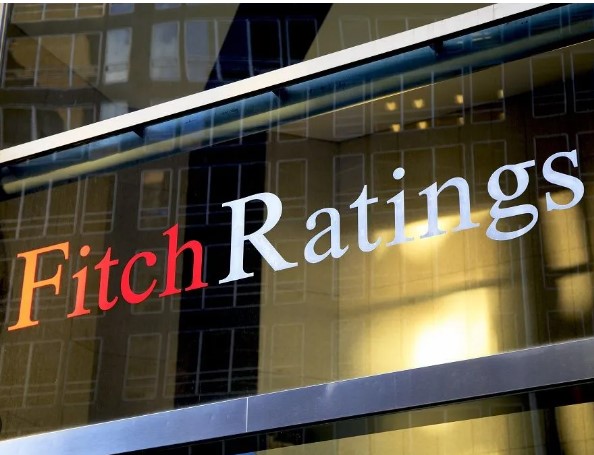Fitch Affirms Greece at ‘BBB-‘; Outlook Stable

Πηγή Φωτογραφίας: Διαδίκτυο//Fitch forecasts a continued reduction in the general government deficit to 0.8% of GDP by 2025, with primary surpluses averaging 2.3% during 2024-2025, up from 1.9% in 2023. This improvement is attributed to stronger-than-expected revenue collection and expenditure restraint.
Fitch Ratings affirmed Greece’s credit rating at ‘BBB-‘ with a stable outlook, maintaining the rating it had assigned six months ago when Greek bonds were elevated to investment grade. This upgrade, following S&P’s similar move in October 2023, facilitated the inclusion of Greek bonds in major international indices monitored by large institutional investors.
In its announcement, Fitch notes that Greece’s ratings reflect higher-than-average per capita income levels and governance indicators among ‘BBB’ rated countries. These strengths are supported by policy credibility due to EU and eurozone membership. However, the agency also highlights the lingering effects of the sovereign debt crisis, including high public and external debt levels, high though declining unemployment, low medium-term growth potential, and persistent vulnerabilities in the banking sector.
Fitch forecasts a continued reduction in the general government deficit to 0.8% of GDP by 2025, with primary surpluses averaging 2.3% during 2024-2025, up from 1.9% in 2023. This improvement is attributed to stronger-than-expected revenue collection and expenditure restraint.
The rating agency expects the combination of strong fiscal results, stable interest costs, and moderate nominal growth to reduce the public debt-to-GDP ratio to 147.3% by 2025, down from 161.9% in 2023, with a further decline below 140% by 2028.
Regarding economic growth, Fitch anticipates real GDP growth to reach 2.3% in 2024 and 2.4% in 2025, compared to 2% in 2023. This growth rate, well above the eurozone average of 1.1%, will be driven by increases in real wages, continued employment growth, and solid investment.
For the banking sector, Fitch notes that Greek banks have maintained high liquidity and strong profitability, supported by higher interest rates, completion of restructuring, and balance sheet clean-up.
Fitch assigns Greece an ESG Relevance Score of ‘5’ for Political Stability and Rights, and ‘5[+]’ for Rule of Law, Institutional and Regulatory Quality, and Control of Corruption. These scores reflect the significant weight of the World Bank Governance Indicators in Fitch’s Sovereign Rating Model. Greece’s medium WBGI ranking of 62.7 highlights a record of peaceful political transitions, moderate institutional capacity, and established rule of law, despite a moderate level of corruption.
Διαβάστε όλες τις τελευταίες Ειδήσεις από την Ελλάδα και τον Κόσμο






























Το σχόλιο σας